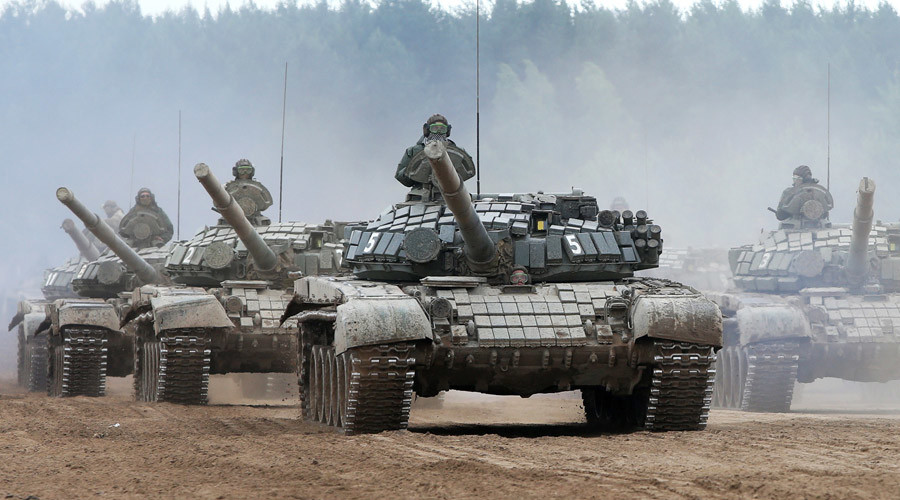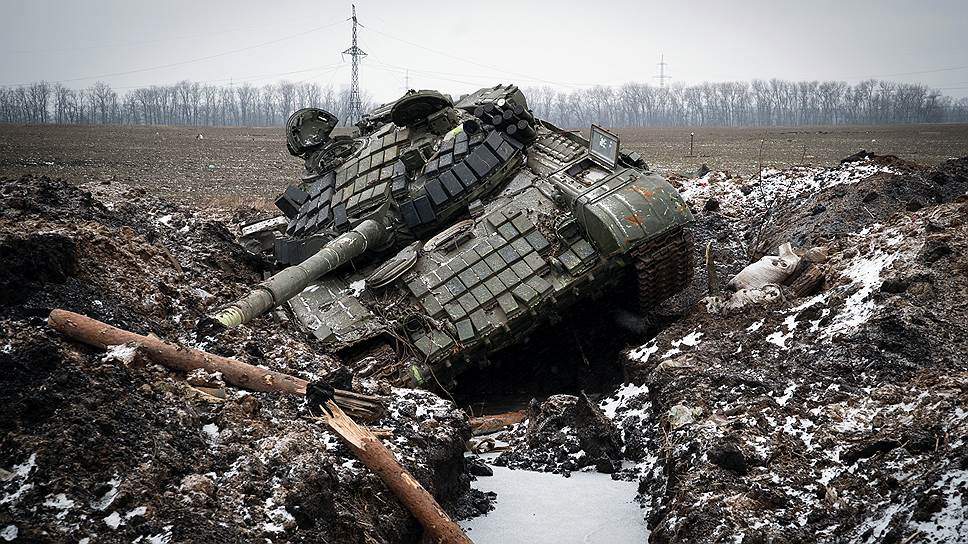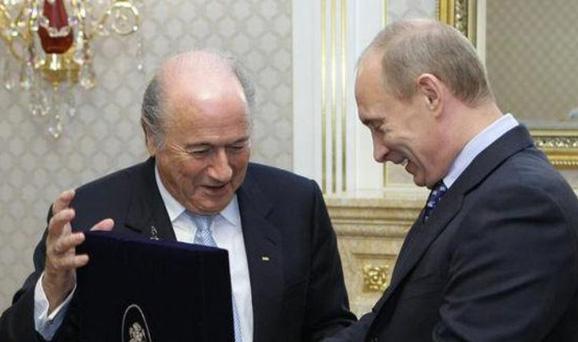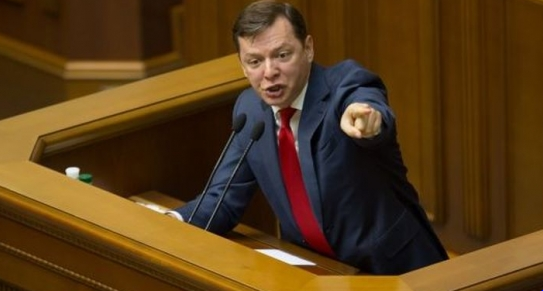Rumors and fears about the possibility of a third world war between Russia and the West have become so overwhelming that many have begun to forget that Vladimir Putin is still involved in an aggressive war in Ukraine and that it is far more likely that he will expand that conflict than that he will risk a nuclear exchange with the West.
The ceasefire in eastern Ukraine is anything but holding, and consequently, it is useful to consider what Putin, the Russian military and the Moscow-controlled hybrid troops in the occupied portions of Ukraine, including Crimea, might do next lest Ukraine get lost in the noise of Moscow’s rhetoric about World War III.

Independent Russian military analyst Pavel Felgenhauer thus makes an important contribution with a discussion today of when and where the Kremlin leader is likely to direct his forces in Ukraine in the near future.
“Before the New Year or more precisely before the middle of January, a major war [in Ukraine] is improbable.” That doesn’t mean that there won’t be more local clashes intended to put pressure on Ukraine and that doesn’t mean that these actions are “the independent actions of the local militants.”
Felgenhauer says that he doesn't think that attacks in the Mariupol direction are possible now, given the weather and the constraints Moscow faces given its recent military exercises and the change out of one group of draftees who are finishing their service with another cohort who are beginning theirs.
Moreover, the Russian army is reorganizing its forces. General Valery Gerasimov, the chief of the Russian General Staff, has said that
For comparison, Felgenhauer continues, Moscow sent 10 to 12 such groups across the Ukrainian border in August 2014, and NATO now has four such groups in Poland and the Baltic countries.
“Such a concentration of forces and resources in World War II fashion against the West is dangerous and against Ukraine as well,” the analyst argues. That will create a situation where the forces will be two to one or “even three to one.” Russia’s goal in this “is by any means not to allow the Euro-Atlantic integration of Ukraine and to achieve regime change in Kyiv.”
[googlemaps https://www.google.com/maps/embed?pb=!1m14!1m8!1m3!1d2795223.9461654504!2d32.359728424808075!3d46.829694074970554!3m2!1i1024!2i768!4f13.1!3m3!1m2!1s0x40c6318a0b864c43%3A0x129f8fe28cf2176c!2sOdesa%2C+Odesa+Oblast%2C+Ukraine!5e0!3m2!1sen!2sus!4v1476424111631&w=600&h=450]
That makes an attack on Odesa more likely especially since “many in Russia consider it a Russian city” and because its “’liberation’” would trigger a patriotic explosion much like the annexation of Crimea. But the most compelling reason for thinking Moscow will move in that direction is that it can use its fleet and can achieve a link up with Transdniestria.
Another reason for thinking Moscow won’t move until January and then will move toward Odesa is to be found in the words of Russian Foreign Minister Sergey Lavrov who has suggested to Western diplomats that there is a short-term “window” for talking about Ukraine but that it won’t remain “open” forever.
But there are two more compelling reasons to think Moscow will move in January, Felgenhauer says. On the one hand, such a move unlike doing something against the Baltic countries would not involve Russia in a suicidal clash with NATO. And on the other, many in Moscow now feel that things are so bad in relations with the West that they have nothing to lose.
Related:
- Russia preparing for war in media but not in the budget, Moscow commentators say
- Red lines Ukraine can't cross in the Minsk process
- Donbas "separatists" got 33 types of military systems from Russia -- report
- World faces crisis like 1952/53 rather than 1914, 1939 or 1962, Piontkovsky says
- 'You bet your life' takes a whole new meaning in Russian-occupied Donbas
- Putin's plutonium threat 'tactically clever but strategically disastrous,' Solovey says
- Putin making the same mistake Hitler did, Piontkovsky says





